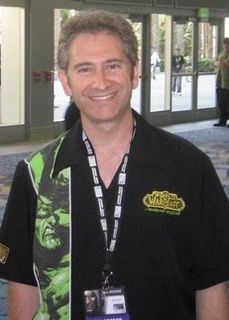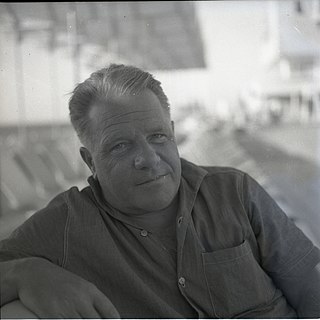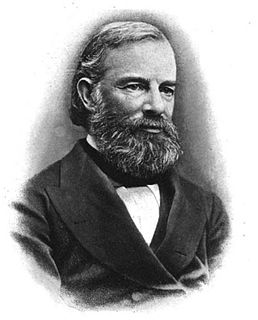A Quote by Niels Bohr
The great extension of our experience in recent years has brought light to the insufficiency of our simple mechanical conceptions and, as a consequence, has shaken the foundation on which the customary interpretation of observation was based.
Related Quotes
You see, it's really quite simple. A simile is just a mode of comparison employing 'as' and 'like' to reveal the hidden character or essence of whatever we want to describe, and through the use of fancy, association, contrast, extension, or imagination, to enlarge our understanding or perception of human experience and observation.
Men love to wonder, and that is the seed of our science, and such is the mechanical determination of our age, and so recent are our best contrivances, that use has not dulled our joy and pride in them. These arts open great gates of a future, promising to make the world plastic and to lift human life out of its beggary to a godlike ease and power.
Our conceptions of morality, as all our other ideas, pass through a course of development; the difficulty comes in adjusting our conduct, which has become hardened into customs and habits, to these changing moral conceptions. When this adjustment is not made, we suffer from the strain and indecision of believing one hypothesis and acting upon another.
If one sentence were to sum up the mechanism driving the Great Stagnation, it is this: Recent and current innovation is more geared to private goods than to public goods. That simple observation ties together the three major macroeconomic events of our time: growing income inequality, stagnant median income, and the financial crisis.
'We live' writes Pursewarden somewhere 'lives based upon selected fictions. Our view of reality is conditioned by our position in space and time — not by our personalities as we like to think. Thus every interpretation o? reality is based upon a unique position. Two paces east or west and the whole picture is changed.
We must recognise that we have a great inheritance in our possession, which represents the prolonged achievement of the centuries; that there is not one of our simple uncounted rights today for which better men than we are have not died on the scaffold or the battlefield. We have not only a great treasure; we have a great cause. Are we taking every measure within our power to defend that cause?
In any case, the leading edge of our "on purpose" radio signals is 30 light-years away and, if intercepted, may mend the aliens' image of us based on the radio bubble of our television shows. But this will happen only if the aliens can somehow determine which type of signal comes closer to the truth of who we are, and what our cosmic identity deserves to be.
Ethics cannot be based upon our obligations toward people, but they are complete and natural only when we feel this Reverence for Life and the desire to have compassion for and to help all creatures insofar as it is in our power. I think that this ethic will become more and more recognized because of its great naturalness and because it is the foundation of a true humanism toward which we must strive if our culture is to become truly ethical.



































